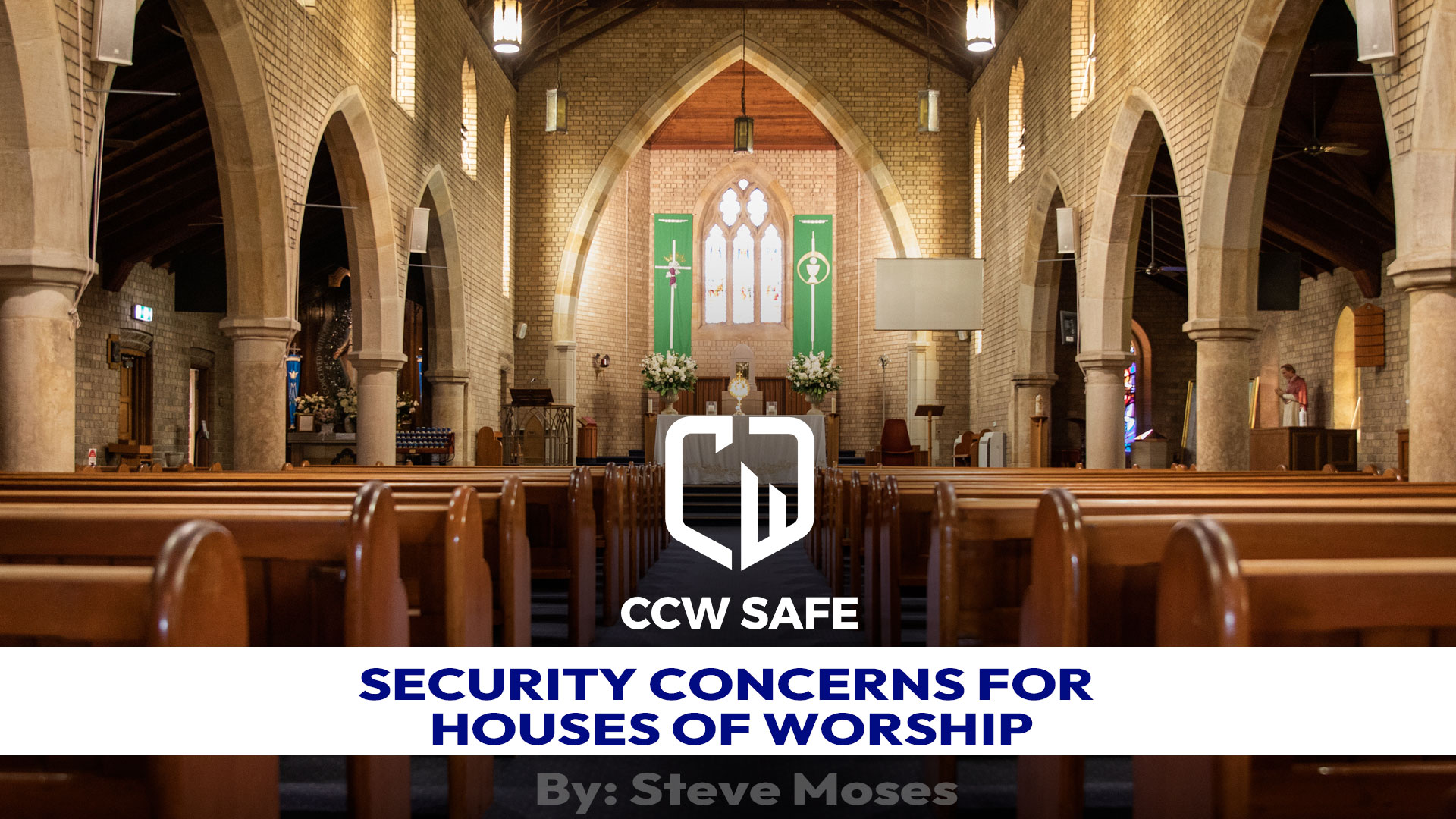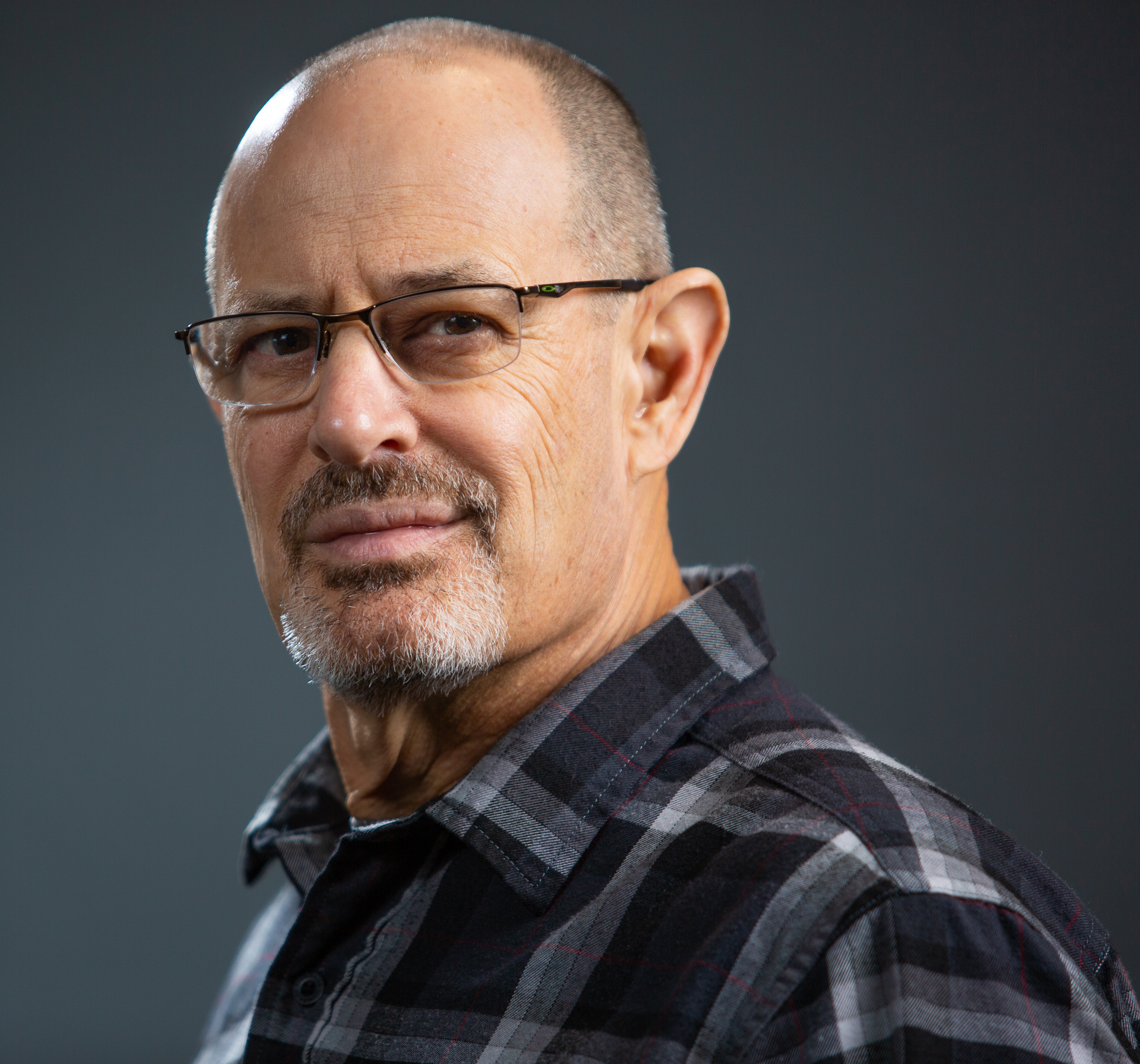
Posted on August 15, 2024
SECURITY CONCERNS FOR HOUSES OF WORSHIP
In a prior article titled “Modern Day Church Security”, I wrote the following:
Churches are particularly susceptible to the actions of violent criminals. Criminal acts committed by terrorists against houses of worship in other countries have included arson, small arms attacks, assassinations, kidnapping, use of explosives, and chemical and biologicals attacks.
Personal conflict and domestic spillover are likely the largest motivations for aggravated assault and murder within houses of worship in the United States. Motivations may also include religious bias, political conflict, mental illness, and robbery in parking lots.
It is now a few years later, and I still have strong concern about the dangers to houses of worship posed by personal conflict and domestic spillover. I am also starting to become more and more concerned about the possibility of violence in the form of domestic terrorism. Inflammatory and threatening rhetoric, violent protests, looting, riots, arson, assaults, and murder have become literally an everyday occurrence. Multiple houses of worship have already been vandalized and/or burned since 2020.
Many of the persons committing some of the most vicious crimes during these incidents may not fully understand exactly why they targeted a specific person or set fire to a specific property other than it was intended to further what they believe is a legitimate cause. While I may I see no valid reason why my house of worship would be targeted, that does not mean that other persons see it the same way. The fact that it makes no sense to me really does not matter. Another concern of mine lies that within any group of protesters there may be those who have a significant criminal history that includes prior arrests and incarceration for violent criminal offenses.
Houses of worship that have been on the fence about putting in place a security team or already have a team in place that has not been trained under the supervision of a company or individual who has a security background and actual house of worship security experience might be well served by taking action in the near future to address any perceived significant shortcomings. It is important to take note that simply positioning armed members throughout the facility and on the grounds is not enough. Using paid off-duty law enforcement without dignitary and witness protection training and experience is a step in the right direction, but there is a reasonable chance that without training that they may not be in the right position to pick up and intercept a deadly threat before the same has had an opportunity to harm innocent parties. I have been teaching church security classes since 2010, and in every class that I have ever taught I would see the same thing at some point. Students in the class were surprised to find out that their current operational plan (if any) had multiple flaws, their interpretation of the laws on use of force was incorrect, and that by taking this or that simple action they could stack the odds in the favor of the house of worship that every service ended without undue drama.
The recommendations set out below may be of interest to houses of worship who are interested in protecting their members and staff:
- Appoint a qualified person as the security director. This person will be responsible for developing and implementing a workable security and emergency response plan that is not so lengthy and complicated that team members are unable to remember it, nor so simple that team members may not know what to do when faced with the challenges often encountered by security professionals.
- Interview, vet, select and train a protective team and train staff and greeters to be additional eyes and ears. Provide the team, key staff, greeters, and ushers with an effective means of communication (such as two-way radios).
- Control access to entrances and exits. Electronic monitoring equipment is likely needed for larger facilities. One person can then watch the entrances, children’s areas, and any other areas of concern.
- A goodly percentage of church violence occurs in house of worship parking lots. It is not difficult to imagine the impact upon its members if a group of protesters moved in and started engaging them there or while they were trying to enter or leave the house of worship itself. This is the best place possible to stop, engage, and politely “interview” an individual whose appearance and demeanor is suspicious. There is likely no better place to intercept an active shooter than in the parking lot, most especially one carrying a long gun and apparently prepared for a gunfight.
- Persons inside the house of worship acting suspiciously or wearing unusually bulky clothes should be approached, greeted, and engaged in polite conversation. If concern remains but the individual is not causing a nuisance, a team member can be assigned to covertly stay with the individual throughout his or her stay on the facility.
- Each member of the security team should be assigned a post with a specific area of responsibility before the service, during the service, between services, and after services. Each team should have at least one person assigned to roving the facility in a random pattern who is also available to assist other members of the team in time of need.
This is a “gut-check” article only. Does your house of worship have a security team, and if so are they adequately trained and capable of dealing with some of the violence all of us are now seeing on what seems to be a near-daily basis? If not, what can you and other worshipers do to make it happen? My late father had a sign in his kitchen that I liked that simply said: “Pray to the Lord, but row for shore.” It does not take much time to get a trained team in place, but it often seems like it takes a long time to overcome the initial inertia and get started.
 |
Steve MosesSteve Moses has been a defensive firearms trainer for over 26 years and is a licensed Texas Personal Protection Officer with 7 years of experience performing as shift lead on a church security detail for a D/FW area metro-church. Steve is a co-owner and Director of Training for Palisade Training Group, LLC based in Dallas, Texas. Moses is a retired deputy constable and spent over 10 years on a multi-precinct Special Response Team. He owns multiple instructor certifications, including Rangemaster Advanced Handgun Instructor and Defensive Shotgun Instructor, Red Zone Knife Defense Instructor and Adaptive Striking Foundations Instructor, Modern Samurai Project Red Dot Sight Instructor, and State of Texas Personal Protection Officer Instructor. Steve holds a BJJ Brown Belt in Relson Gracie Jiu Jitsu. He is a content contributor for CCW Safe and writes weekly articles on various subjects of interest to concealed carriers. Moses shoots competitively and holds an IDPA Expert rating. Steve is an annual presenter at the Rangemaster Tactical Conference. |